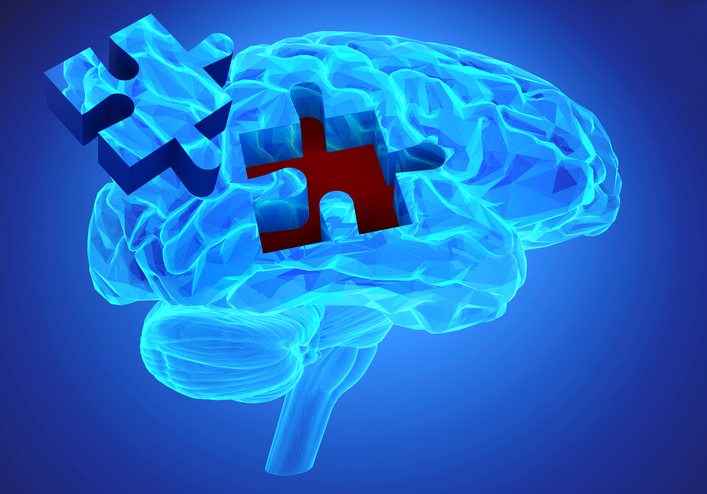New research from scientists at Max Planck Institute for Biology of Ageing, Icahn School of Medicine at Mount Sinai, and their collaborators helps elucidate the neuroprotective role of microglia, the innate immune cells of the brain, and points to a possible therapeutic pathway for Alzheimer’s disease. Details of their work are published in a new Nature paper titled “Lymphoid gene expression supports neuroprotective microglia function.”
Using mouse models and human cells and brain tissue, the scientists found that downregulating the transcription factor PU.1 promotes the expression of lymphoid immunoregulatory receptor proteins on microglia. They also found that deleting CD28 from this subset of microglia increased inflammation, which accelerated the growth of plaques associated with Alzheimer’s disease cases.
The Nature study builds on earlier work done in the lab of Alison Goate, DPhil, professor of genomics and chair of the department of genetics and genomic sciences, at the Icahn School of Medicine. Goate, who is also a professor of neuroscience and neurology and one of the senior co-authors of the current paper, associated a common variant in SPI1—the gene encoding PU.1—with reduced Alzheimer’s risk. She noted that the results reported in the current paper “provide a mechanistic explanation for why lower PU.1 levels are linked to reduced Alzheimer’s risk.”
Furthermore, “this finding extends our earlier observations on the remarkable plasticity of microglia states and their important roles in diverse brain functions,” said Anne Schaefer, MD, PhD, senior author of the paper and professor and vice-chair in the department of neuroscience at Icahn School of Medicine. “Microglia are not simply destructive responders in Alzheimer’s disease—they can become the brain’s protectors.”
The findings also underscore the potential of microglia-targeted immunotherapies to modify the course of Alzheimer’s disease. “It is remarkable to see that molecules long known to immunologists for their roles in B and T lymphocytes also regulate microglial activity,” said Alexander Tarakhovsky, MD, PhD, a co-author on the paper and a professor in the department of immunology, virology, and microbiology at Rockefeller University. “This discovery comes at a time when regulatory T cells have achieved major recognition as master regulators of immunity, highlighting a shared logic of immune regulation across cell types” and “paves the way for immunotherapeutic strategies for Alzheimer’s disease.”

